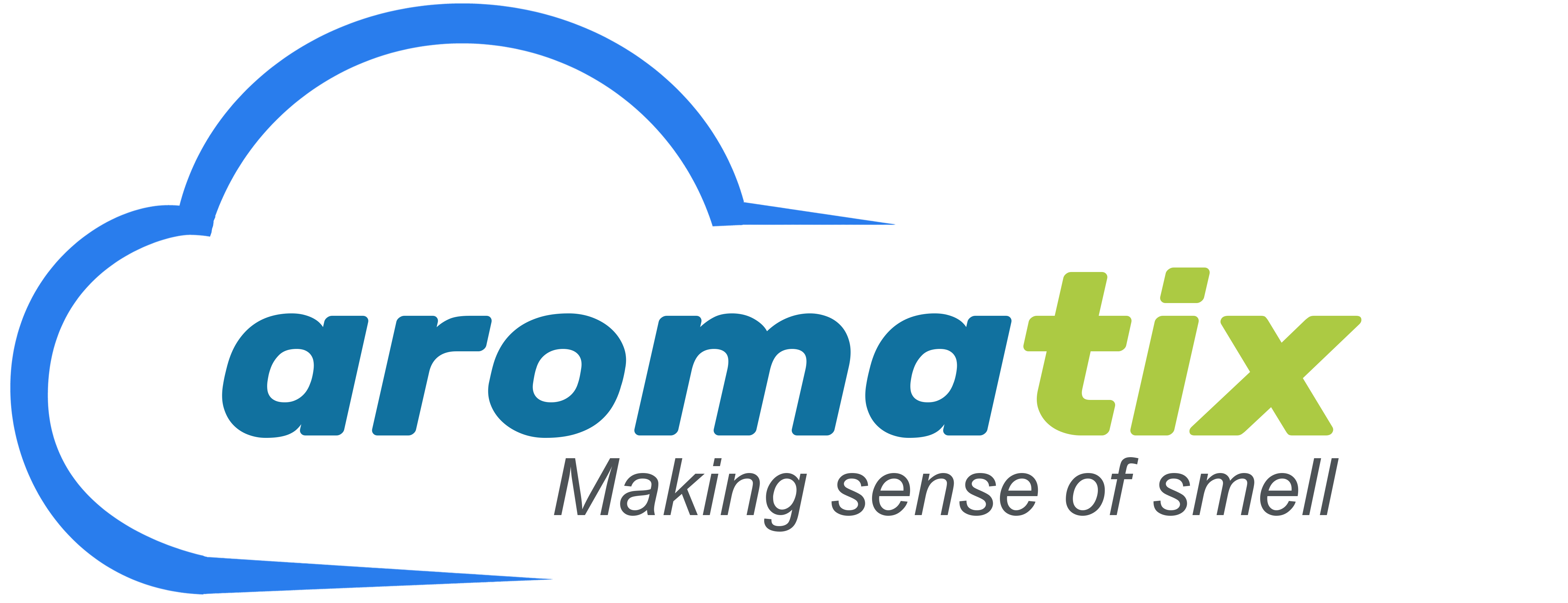In today’s competitive industrial landscape, efficiency, quality, and compliance are non-negotiable factors that determine a company’s success. Laboratory testing plays a crucial role in ensuring that products meet regulatory standards, maintain high-quality benchmarks, and are free from defects that could compromise consumer safety. While industrial production lines have embraced automation and advanced technologies, laboratory testing remains an indispensable part of the manufacturing process. This article explores the significance of laboratory testing in industrial production, its impact on various industries, and the emerging trends that are reshaping quality assurance in manufacturing.
Ensuring Product Quality and Consistency
One of the primary reasons for incorporating laboratory testing into industrial production is to maintain consistent product quality. Variability in raw materials, production conditions, and human oversight can lead to fluctuations in product integrity. Laboratory testing allows manufacturers to verify the composition, strength, durability, and performance of their products before they reach consumers.
For example, in the pharmaceutical industry, laboratory tests ensure that medications contain the correct active ingredients in the appropriate dosages. Even slight variations can lead to ineffective treatments or dangerous side effects. Similarly, in food production, laboratory testing verifies that nutritional content, preservatives, and additives comply with safety regulations, reducing the risk of contamination and foodborne illnesses.
Regulatory Compliance and Safety Standards
Every industry is subject to specific regulations governing product safety and environmental impact. Failing to meet these regulatory requirements can result in hefty fines, product recalls, and damage to a company’s reputation. Laboratory testing helps businesses comply with international and national standards such as ISO 9001 for quality management systems, FDA regulations for pharmaceuticals and food products, and ASTM standards for materials testing.
For instance, in the automotive industry, laboratory testing ensures that components such as brake pads, airbags, and fuel systems meet safety standards before vehicles are allowed on the road. This process prevents catastrophic failures that could result in accidents and fatalities. Similarly, in the cosmetics industry, laboratory testing helps verify that skincare and beauty products do not contain harmful levels of chemicals that could cause allergic reactions or long-term health issues.
Preventing Costly Recalls and Legal Liabilities
Product recalls are among the most damaging events a manufacturer can experience. They lead to financial losses, erode consumer trust, and may even result in legal consequences. Many high-profile recalls could have been prevented with rigorous laboratory testing at multiple stages of production. By identifying defects and inconsistencies early, manufacturers can avoid shipping faulty products to the market and mitigate financial risks.
A notable example is the 2008 Chinese milk scandal, where melamine was illegally added to baby formula, leading to widespread illness and fatalities. Had rigorous laboratory testing been conducted, the contamination could have been detected early, preventing a crisis that affected thousands of families and led to stringent regulatory reforms.
Reducing Waste and Enhancing Efficiency
Laboratory testing also contributes to more sustainable and efficient manufacturing processes. By analyzing raw materials and production by-products, manufacturers can optimize resource usage, minimize waste, and improve energy efficiency. In industries such as textiles and chemicals, laboratory testing can identify ways to reduce water consumption and limit toxic waste production, leading to more environmentally friendly operations.
Moreover, by detecting product defects early in the process, manufacturers can reduce the volume of wasted materials. For instance, in semiconductor manufacturing, laboratory testing is used to detect microscopic flaws in chips and circuit boards before they are assembled into final products. This prevents expensive rework and improves overall yield rates.
Emerging Trends in Laboratory Testing for Industrial Production
As technology advances, laboratory testing is evolving to become more precise, automated, and integrated into real-time production monitoring. Some of the key trends shaping the future of industrial laboratory testing include:
- AI and Machine Learning in Quality Control: Artificial intelligence and machine learning algorithms are being used to analyze test results and identify patterns in product defects. These technologies can predict potential failures before they occur, allowing manufacturers to take proactive measures.
- Real-Time and Inline Testing: Traditional laboratory testing often involves collecting samples and analyzing them in an off-site lab, leading to delays. However, real-time and inline testing solutions are emerging, allowing for immediate quality checks on production lines. For example, spectroscopic techniques are used in pharmaceutical manufacturing to continuously monitor drug composition during production.
- 3D Printing and Advanced Materials Testing: With the rise of 3D printing in industrial production, laboratory testing methods have adapted to assess the strength, durability, and chemical composition of printed components. This ensures that additively manufactured products meet industry standards.
- Portable Lab Equipment and IoT Integration: Portable lab testing devices and sensors integrated with the Internet of Things (IoT) enable manufacturers to conduct rapid, on-site quality assessments. These technologies are particularly beneficial in industries such as agriculture and food processing, where environmental conditions can impact product quality.
Conclusion
Laboratory testing is a cornerstone of modern industrial production, ensuring that products meet quality, safety, and regulatory requirements. From pharmaceuticals and food to electronics and automotive manufacturing, rigorous testing prevents recalls, reduces waste, and enhances consumer trust. As new technologies continue to reshape industrial quality assurance, laboratory testing will become even more integrated into production lines, offering faster and more accurate insights. In an era where consumer expectations and regulatory scrutiny are at an all-time high, businesses that invest in robust laboratory testing practices will maintain a competitive edge and safeguard their reputation.
I would be happy to answer any questions you may have.

